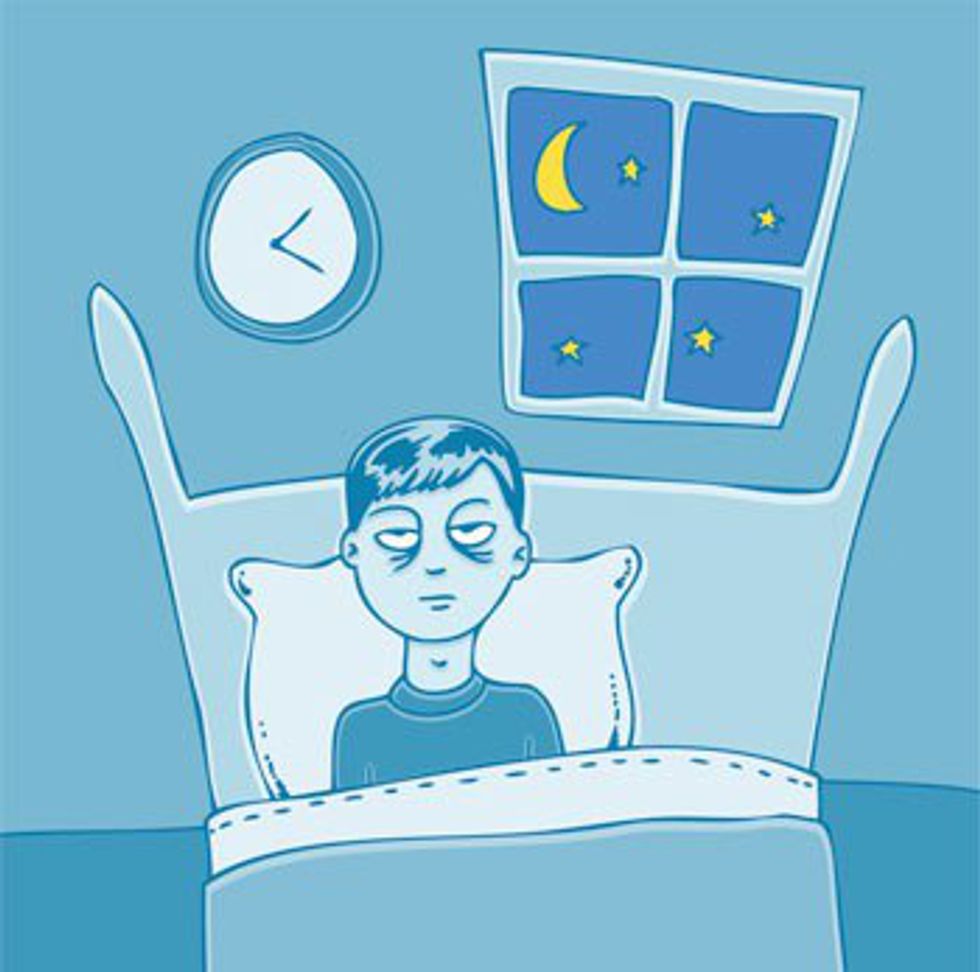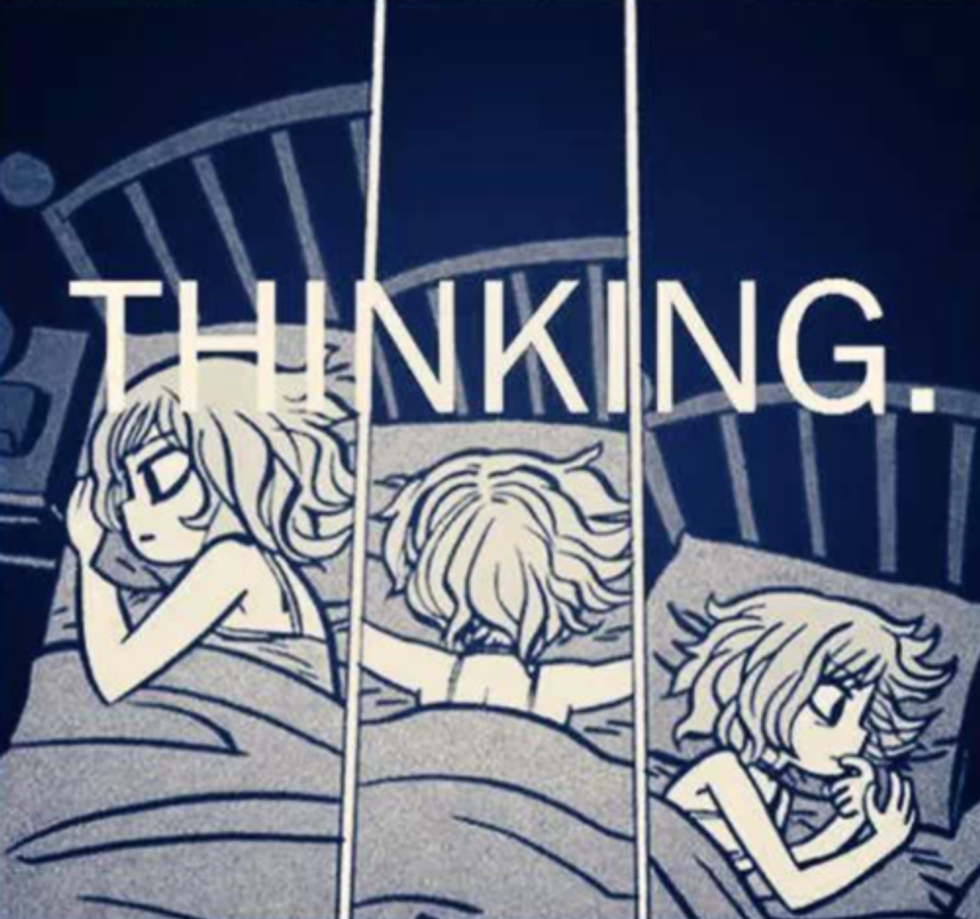Most people can admit to having trouble sleeping now and then, whether it be from stress/anxiety, or interfering health issues. Some may be suffering from sleep disorders such as Apnea (temporary cease of breathing during sleep), or Insomnia (the inability to sleep). The rest of the world seems to be caught in this limbo, where you often find yourself having trouble sleeping, but you may not necessarily have a sleep disorder. Sleep disorders and sleep problems are becoming more popular with time, and here you will find the simple explanation as to why.
Our generation suffers from a brand new sleep disorder that is due to us being under exerted and over stimulated.
Let us begin with the first point: the lack of exertion in our society. As the obesity and overweight population increases, our hours of sleep have taken a huge hit. Recent studies prove that those who carry more weight on their body than necessary may have a slew of health issues, including lack of sleep. 63 percent of adult Americans admit to having trouble with their sleep almost every night, and 69 percent of American adults are either overweight or obese. Coincidence? I think not.
One of the obvious reasons for extra weight is the lack of exercise, and the less active we are, the more energy we have that has yet to be exerted throughout the day. Those who workout more frequently tend to sleep much better at night, due to the mental and physical exhaustive state that their body is in. Many can agree that after a long day at work, or an evening at the park with their kids, they will be tired enough so that they can fall asleep much more easily. We as a population have become less active, and our bodies are just simply not ready for bed when we are.
The second reason to which our generation is losing sleep is due to our brains being over stimulated. In the 21st century we are surrounded by technology: laptops, smartphones, TVs, tablets, smart watches, and more. We cannot seem to pull ourselves from the screen. Using technology such as an Apple Watch or Smart TV allows us to do many things at once: read, listen to music, converse, and much more. While we are doing this, the brain becomes increasingly more active and neurons are rapid firing. This is one of many parts of cognitive stimulation. While you are checking your email or playing Angry Birds, you are activating many parts of the brain, in a sense you are waking it up.
Firing up your brain like this is the absolute last thing you should do before hitting the sheets. When the time comes to fall asleep, your brain is tireless. No matter your physical exhaustion, your mind might be running around in circles. This is the feeling you may have when you lay down at night and remember all the things you have to do. While this is common for most adults, when your brain is over stimulated these thoughts may have trouble going away.
Under exerting your energy and over stimulating your brain may not seem too bad, but the mix of the two can be deadly.
You may be wondering what you can do to combat these 21st century issues?
- Partake in at least 30 minutes of exercise every day, remember that anything more than what you are doing right now will help to exhaust your body.
- Shut the screen off. This means no TV before bed or reading your favorite Odyssey articles. Allow your brain at least 30 minutes of quiet time.
If you have already made one of these mistakes, by reading this article right before going to bed, here are a few tips to help you fall into a quick sleep without counting sheep or any other ridiculously cute animals.
- Meditate
- Progressive Muscle Relaxation
- Take Melatonin
- Keep a Journal
Happy sleeping!




























